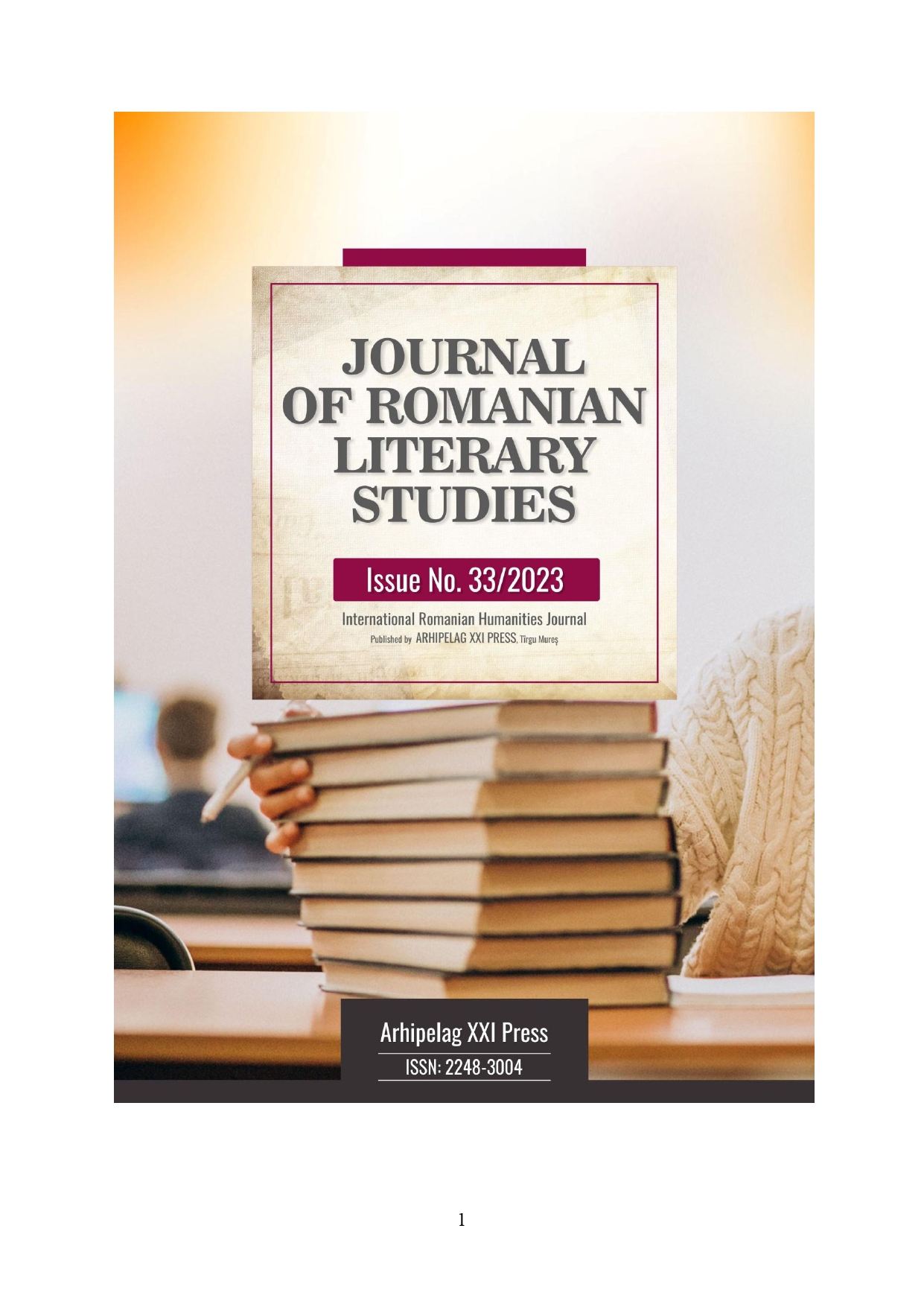CITIES OF EXILE IN ALFRED GONG’S LITERATURE
CITIES OF EXILE IN ALFRED GONG’S LITERATURE
Author(s): Ştefan MihăilăSubject(s): Poetry, German Literature, Philology, Theory of Literature, American Literature
Published by: Editura Arhipelag XXI
Keywords: Exile Poetry; Bukowina Literature; Urban Topoi; Refuge Cities; Postwar Poetry;
Summary/Abstract: When talking about the author Alfred Gong, we must start from the Bukovina group, to which the author belonged. His birth in 1920 places him in the second generation of German-speaking Jewish authors from Bukovina, who were born not in the Habsburg monarchy but in the Kingdom of Great Romania. The Romanian socio-political environment brought the young Arthur Liquornik values as well as pain and suffering. On the one hand, he was taught the knowledge and depth of a folklore that he would later have wished to deepen in Romance studies at Chernivtsi University. On the other hand, Romanian politics meant recurrent persecution, which put him and his acquaintances in danger. Just as for Paul Celan, alienation, homelessness and attempts at refuge are not only literary motifs and themes for Alfred Gong, but also personal experiences. Alfred Gong experienced the exile and the feeling of horror before "tomorrow" several times and on several levels. This work attempts a twofold analysis. On the one hand, this work presents the exile experience of Alfred Gong. Second, it looks at European urban topoi to see to what extent these topoi can be seen as both cities of exile and places of transition. Bucharest, Budapest, Vienna, Lesum are the cities that compose a literary map of refuge and exile.
Journal: Journal of Romanian Literary Studies
- Issue Year: 2023
- Issue No: 33
- Page Range: 847-855
- Page Count: 9
- Language: German

